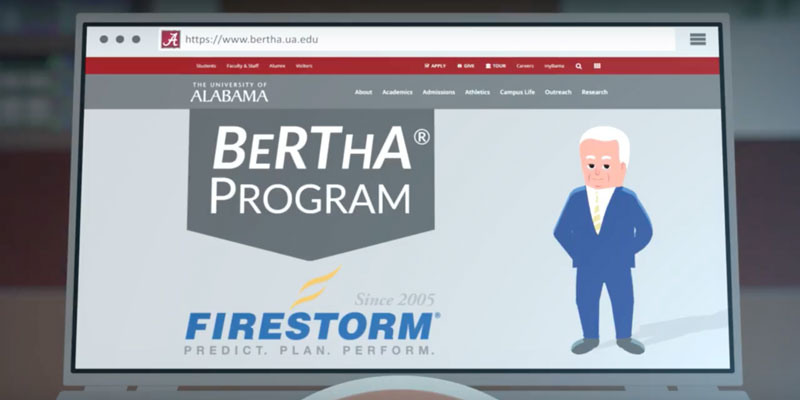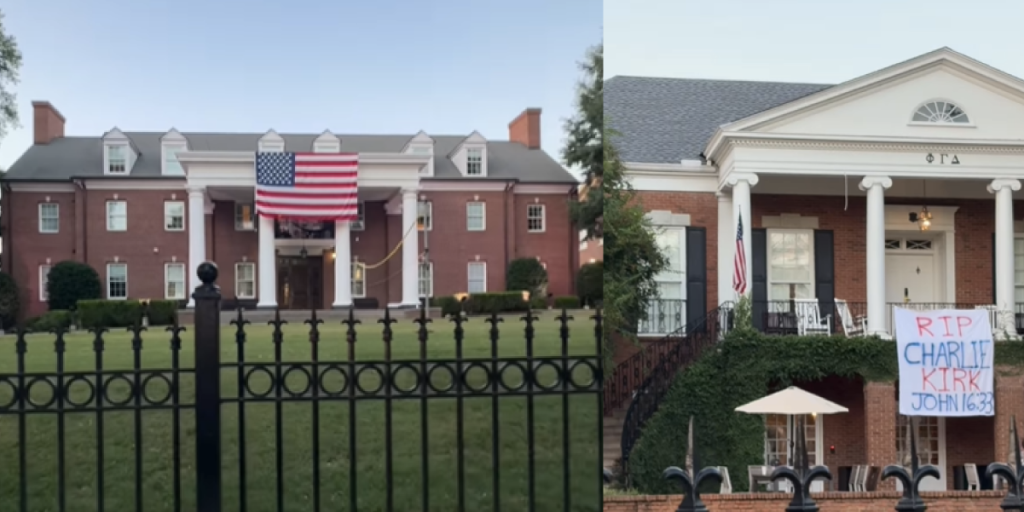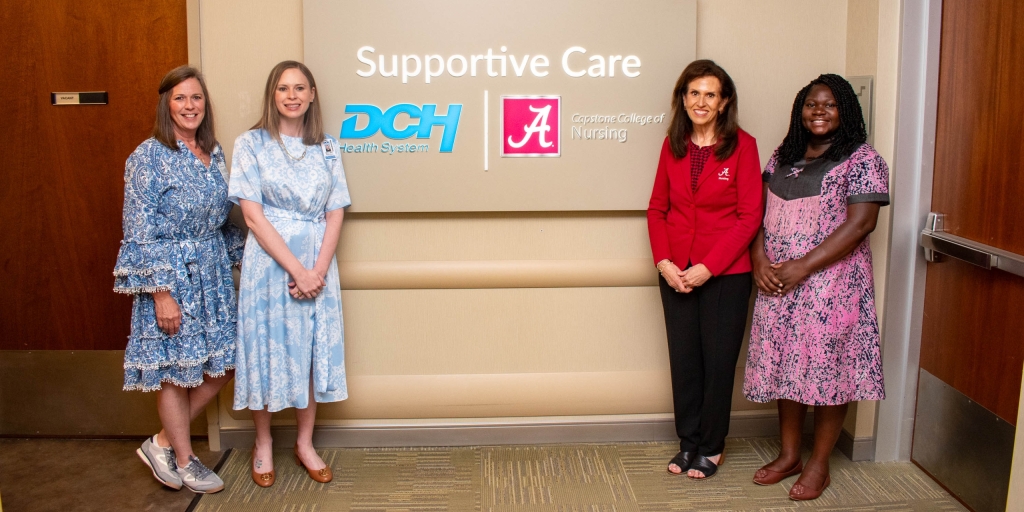Warning signs are easy to spot in retrospect, but identifying them early can save lives.
That is the driving force behind an innovative partnership between the University of Alabama and a private company called Firestorm. They have launched a program called BERTHA — Behavioral Risk Threat Assessment, an online training program designed to help schools with grades kindergarten through 12th grade identify early signs of potential violence and then intervene.
The program, which went online last fall, is free for Alabama schools that sign up by Sept. 1. After that, schools will pay a $2,500 annual licensing fee.
Brenda Truelove, program manager for corporate engagement at the university’s College of Continuing Education, said the initiative is getting a good response from schools, both in and outside of Alabama.
“The goal is we don’t want anymore parents to realize, ‘My child’s not coming home today’ because somebody missed something,” she said. “Some of the benchmarks and clues were missed.”
Truelove said the school and Firestorm have been developing the program for about five years. She said as far as she knows, it is the only one of its kind in the country. She said schools are eager for help.
“They need resources, and this is a tangible resource,” she said.
Many troubled teenagers who have committed mass shootings have exhibited similar behaviors that might have predicted the outbursts.
Those are easy to see in retrospect. For instance, Nikolas Cruz — accused of the Valentine’s Day shooting at Marjory Stoneman Douglas High School in Parkland, Florida — has lost his parents and gotten in trouble at school. Law enforcement officers had been called to his home 39 times.
Truelove said BERTHA helps schools develop systems to track students’ behavior over time, detect changes and provide help.
“It allows them to say, ‘Johnny had problems in the third grade, and now he’s still having problems in the fifth grade,” she said.
BERTHA aims to train local school officials to identify trouble signs that might be more subtle than the giant flashing lights Cruz presented. Those factors include:
— Student has experienced multiple losses.
— Student has suicidal thoughts.
— Student has made threatening, specific plans.
— Student is laughed at or talked about negatively.
— Student has demonstrated volatile mood swings.
Truelove said the response does not have to be punitive. Signs that a student might be a threat to commit violence often are signals that he or she is suffering. Getting a student appropriate help early may not only help him but prevent a tragedy years down the road, she said.
The university’s partner, Firestorm, bills itself as one of America’s leading crisis and risk management firms. It has been working with schools to prevent mass shootings since after the 2007 Virginia Tech massacre.
“We didn’t get into this to make money but to save lives,” founder and CEO James Satterfield said in a statement provided by the University of Alabama. “What we’re trying to do is get the issue back to where it needs to be. How do you act before there’s an act of violence? BERTHA is ready to address that.”
Truelove said she believes BERTHA should be a part of every school’s toolkit.
“BERTHA is not the answer to every problem,” she said. “But it’s a framework.”
@BrendanKKirby is a senior political reporter at LifeZette and author of “Wicked Mobile.”













